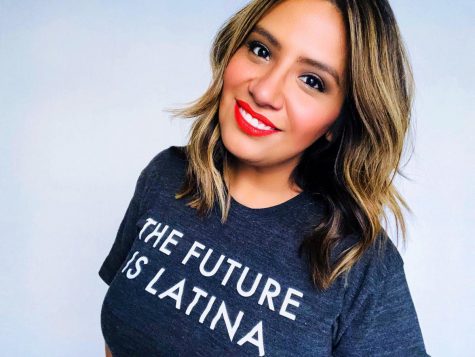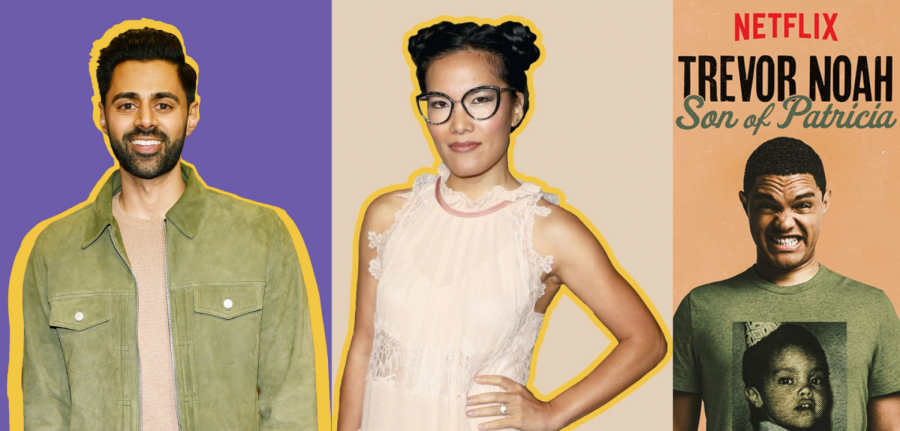It’s Funny Because It’s True
Hasan Minhaj. Trevor Noah. Ali Wong. Cristela Alonzo. What do they all have in common? These massively influential personalities are people of color in western comedy — and they are masters at bringing unique cultural perspectives to the satire scene. These stand-up icons each represent their cultures and defy cultural conventions, reaching millions of people in the process.
Their “commodification of culture” is a major part of these comedians’ huge appeal. With comedy covering such a large portion of pop culture, accurate representation is equally as important in this genre as anywhere else. As a second-generation Indian American myself, Hasan Minhaj’s sets just feel so validating. He explores living with two cultures actively colliding, and it feels indescribably good to watch someone basically tell your life story on stage. Millions of people experience this same sense of validation when they see their culture proudly represented and discussed on screen. Trevor Noah, one of the only people of color in the late-night television scene, often uses his own South African heritage as part of his punchlines, which lands spectacularly with his South African audience. Cristela Alonzo has an entire (hilarious) stand-up special, Lower Classy, dedicated to breaking Latine stereotypes. Ali Wong’s specials often feature jokes about life as a Chinese-Vietnamese American from San Francisco.

Part of the reason this unarchiving of personal experiences is so important to people of color, audiences with similar backgrounds, is that authentic representation is so rare to see on the big screen. While mainstream media often tokenizes POC, casting one or two side characters to seem diverse, these independent comedians have the ability to dive into deep-rooted common stories and the chops to make it funny.
Reaching niche target audiences, for these comedians, is far from an accident. For example, Hasan Minhaj has a miniseries called Tupperware Teens where he interviews Desi(Indian) teens in America today. That series is 100% designed to strike a chord with the Indian-American children of first-generation Desi immigrants who have to balance their everyday Indian-ness with their American side. The series gets its name from the common thread amongst Indian-American experiences, having to bring metal Tupperware to school for lunch—much like I did. If you can’t tell, I loved that show. Lower Classy, Cristela Alonzo’s special, really illustrates that too. Alonzo tells stories from her own Latinx experience and makes it incredibly relatable for people of the same background. That’s the reaction that these comedians try to elicit with these funny cultural segments. They want viewers at home to go, “Hey, I did that too! That was me growing up!” Most of the time, they hit the nail on the head.
There’s an implicit truth that lies beneath the light jests of the culturally impactful work of these stand-ups: our common cultural experiences aren’t relegated to just the small stuff, but our entire identity—the struggles, the wins, and the day-to-day experience. That is why these sets really hit home. Comedy sets performed by comedians of color can encapsulate people’s cultural identities so authentically that even with a person you’ve never met, with whom you have nothing in common beyond sharing a culture, you can go, “Hey, they’re one of us.”
Author’s Note: Thank you to Arabela Damarillo for all your help on this article!


